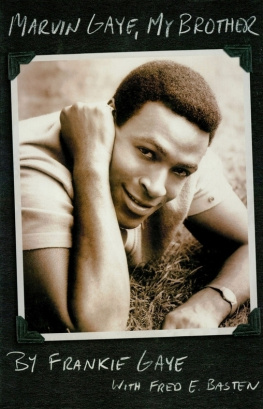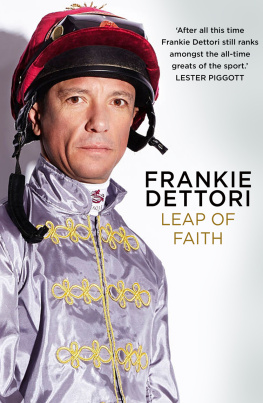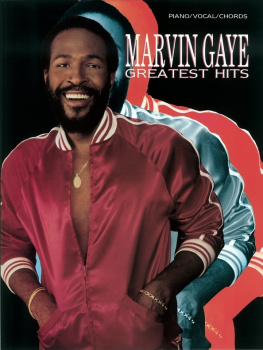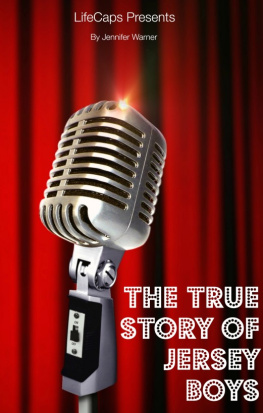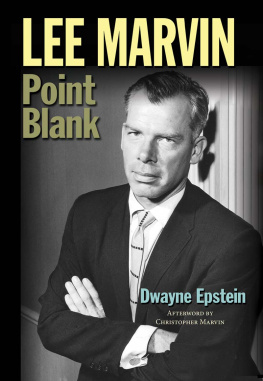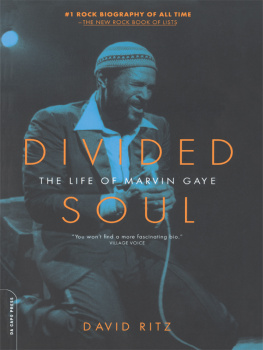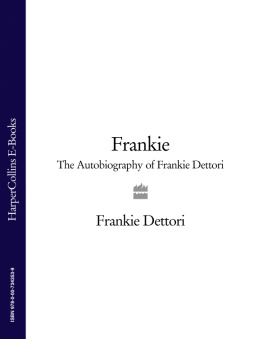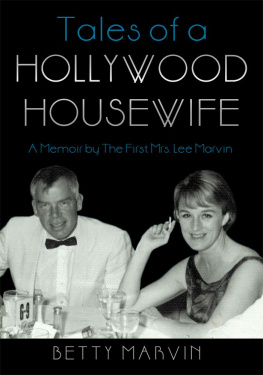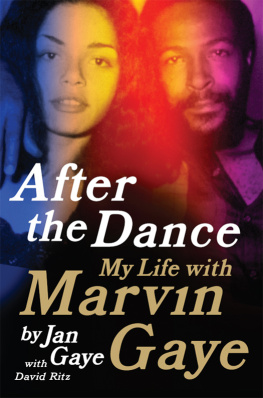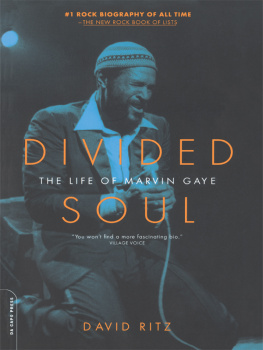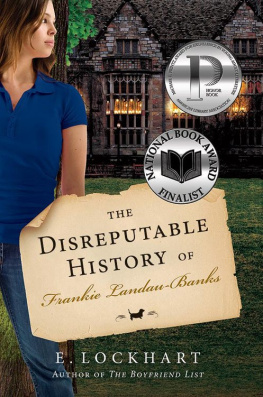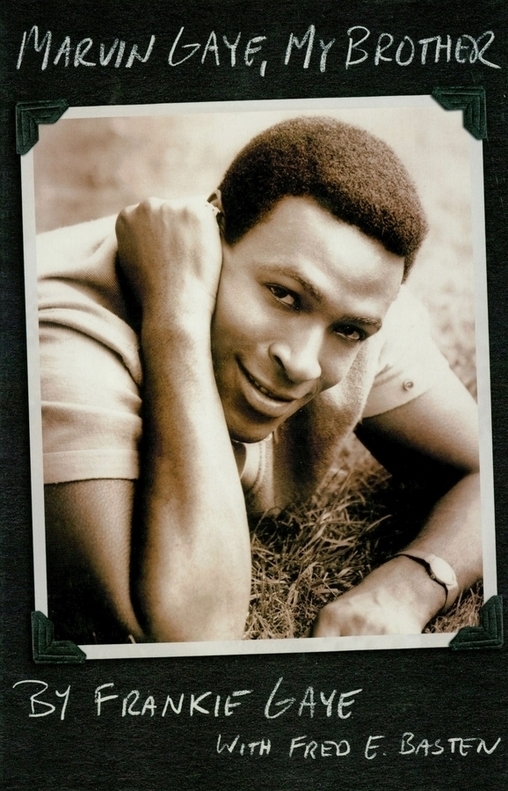Heartfelt thanks to our publisher, Backbeat Books; our irreplaceable literary agents, Mike Hamilburg and Sherrill Chidiac; and to many of Marvins friends, family, coworkers, and fans, who shared their memories, revived others, and responded to our calls without hesitation.
At Backbeat, we are most grateful to the following very special people for their guidance, kindness, and enthusiasm from day one: Matt Kelsey, Dorothy Cox, Richard Johnston, Nancy Tabor, Nina Lesowitz, Kevin Becketti, Amy Miller, Jacqueline Celenza, and Larissa Berry.
And, of course, our deep thanks to those who helped in so many ways to make this dream come true: Geraldine Peasie Adams, Ron Brewington, Richard Carbajal, Gloria Carlyle, Beatrice Carson, Chuck Edwards, Jamie Marshall, Reese Palmer, Wallace Peoples, Dave Simmons, Brian Tessier, and Kim Weston.
Frankie Gaye, Irene Gaye, and Fred E. Basten
About the Authors
F rankie Gaye and his famous brother, Marvin, were as close as brothers could be. They looked alike; they sounded alike. They both wrote music, and they both sang. Music was their lives.
Frankie and Marvin were inseparable. They kept in touch even during those times when they could not be together. As Marvins career escalated, Frankie worked as his brothers right-hand man, overseeing Marvins numerous concert tours and performances, as well as many of his business interests. A gifted songwriter and singer in his own right, Frankie wrote the score for the 1979 film Penitentiary. His recording of My Brother was on the charts in Great Britain during the early 1990s.
Until his sudden and untimely death in late 2001, Frankie Gaye lived in Santa Monica, California, with his wife, Irene, and their three children: April, Fiona, and Frankie, Jr.
F red E. Basten is the author of over 25 books, primarily on Hollywood and the entertainment industry, including Glorious Technicolor, Max Factors Hollywood; Steve McQueen: The Final Chapter, Life at the Marmont Fabulous; Las Vegas; and Hollywood Archive. Four of his books have been the basis of television documentaries on which he has appeared and served as technical adviser.
Basten grew up in the music business. His father fronted a dance band in music-mad Chicago during the big-band era, then played for stage shows at Balaban & Katzs showcase theaters in the Loop in downtown Chicago. In college Basten sang with a swing choir that performed on Capitol Records (backing Nat King Cole, Dean Martin, June Christy, and others); in concert (at the Hollywood Bowl, the Mocambo, and Crescendo nightclubs); and on television (on The Ed Sullivan Show, The Colgate Comedy Hour, and with Dinah Shore, Liberace, and Johnny Carson).
Fred E. Basten lives in Santa Monica, California.
Epilogue
S everal years after Marvins death, Irene and I returned to England. I was playing some shows in London, and we were in a taxi driving to our hotel when I Heard It Through the Grapevine came on over the cabbies radio. It was Marvins version.
The driver started singing along with it, and when the song ended, he told us how much he adored Marvin. Irene and I agreed, then she leaned forward and said, Thats his brother sitting next to me.
The cab driver glanced into his rearview mirror, looked away, then glanced again. Man, it is you! he gasped. He remained our personal cabbie for the remainder of our stay.
It wasnt until after Marvins death that I finally came to realize just how much he meant to so many people, and just how deeply he has influenced American music. Barely a day goes by that I do not hear another young soul singer and think, Theres another one, another young Marvin. Ill read an interview in which the singer credits Marvin as one of his greatest influences. Ill discover Marvins recordings and performances listed in various Best Of polls.
Like Frank Sinatra, Elvis Presley, and John Lennon, Marvin is still with us. The entertainment industry continues to celebrate his life and music through television tributes in America and abroad. His entire back catalog has been remastered and reissued. Radio plays his records as often today as when they were soaring up the charts.
Since the release of The Big Chill (1983), Marvins voice has been heard on numerous film soundtracks, including Mermaids (1990), The Walking Dead (1995), How Stella Got Her Groove Back (1998), Summer of Sam (1999), and High Fidelity (2000). He has been the subject of several TV biographies, and his voice has been prominently featured in network promotions as well as on the soundtrack for the TV miniseries The 70s (2000); Im sure there is more to come. [ In 2002, R&B singer Usher portrayed Marvin on an episode of the television show American Dreams that had Marvin appearing on a 60s segment of Dick Clarks American Bandstand.]
Over the years Marvin has received so many posthumous awards and honors that they deserve to be noted in a special section of this book that lists the milestone events in his life. Besides his star on Hollywoods Walk of Fame, one of my favorite honors of Marvins is one that came to him as we entered the new millennium: the Los Angeles Times listed Marvins singing of the national anthem at the 1983 NBA All-Star game as one of Southern Californias most remarkable vocal performances of the century. Said the Times: Marvin Gaye transformed The Star-Spangled Banner into a purifying anthem of sexuality. Added Earvin Magic Johnson: My feelings were pride at being an American. It was something that ... I guess you had to be there ... that chill went through your body. You almost cried, it was so devastating. Everyone wanted to go over and give him five for what he did. Just shake his hand. Hug him because it was so inspirational. It was unbelievable.
Other tributes have come from fellow singers and musicians, including Rod Stewart, Carlos Santana, Barry White, Brian McKnight, and Michael Bolton, who have all praised Marvin and dedicated songs to him during various appearances. But the most unusual tribute came from Nelson Mandela, who revealed in a speech following his release from prison that listening to Marvins Whats Going On album while he was incarcerated helped him keep his sanity.
Marvins friends and contemporaries too have spoken of just how profoundly he has touched their lives and has sparked their own creativity with his music. And though years have passed since we lost him, I feel he is still here, still making music that will live forever.
Frankie Gaye
Important Events
in the Life of Marvin Gaye
| 1939 | (April 2) Born Marvin Pentz Gay, Jr., in Washington, D.C. |
| 1950 | Made first stage appearance (at local playground theater in D.C.). |
| 1953 | Family moved from Simple City section of southwest D.C. to newly built projects in the northeast part of town.... Became member of D.C. Tones doo wop singing group. |
| 1956 | (October) Enlisted in Air Force. |
| 1957 | (June) Discharged from Air Force under honorable conditions... returned to D.C. and joined the Marquees doo wop group. Bo Diddley produced groups first recording, Hey, Little School Girl. |
| 1958 | Met Harvey Fuqua, who absorbed the Marquees into his own group, the Moonglows.... Left D.C. for Chicago with the newly renamed Harvey and the Moonglows. |
| 1960 | Moved to Detroit, Michigan, with Fuqua after the two cut ties with the Moonglows.... Signed by Fuqua as an artist with Gwen Gordys Anna label, a subsidiary of her brother Berrys Motown record label.... (December) Introduced to Berry Gordy at Motown Christmas party.... Signed with Tamla, an imprint of Motown label. |

